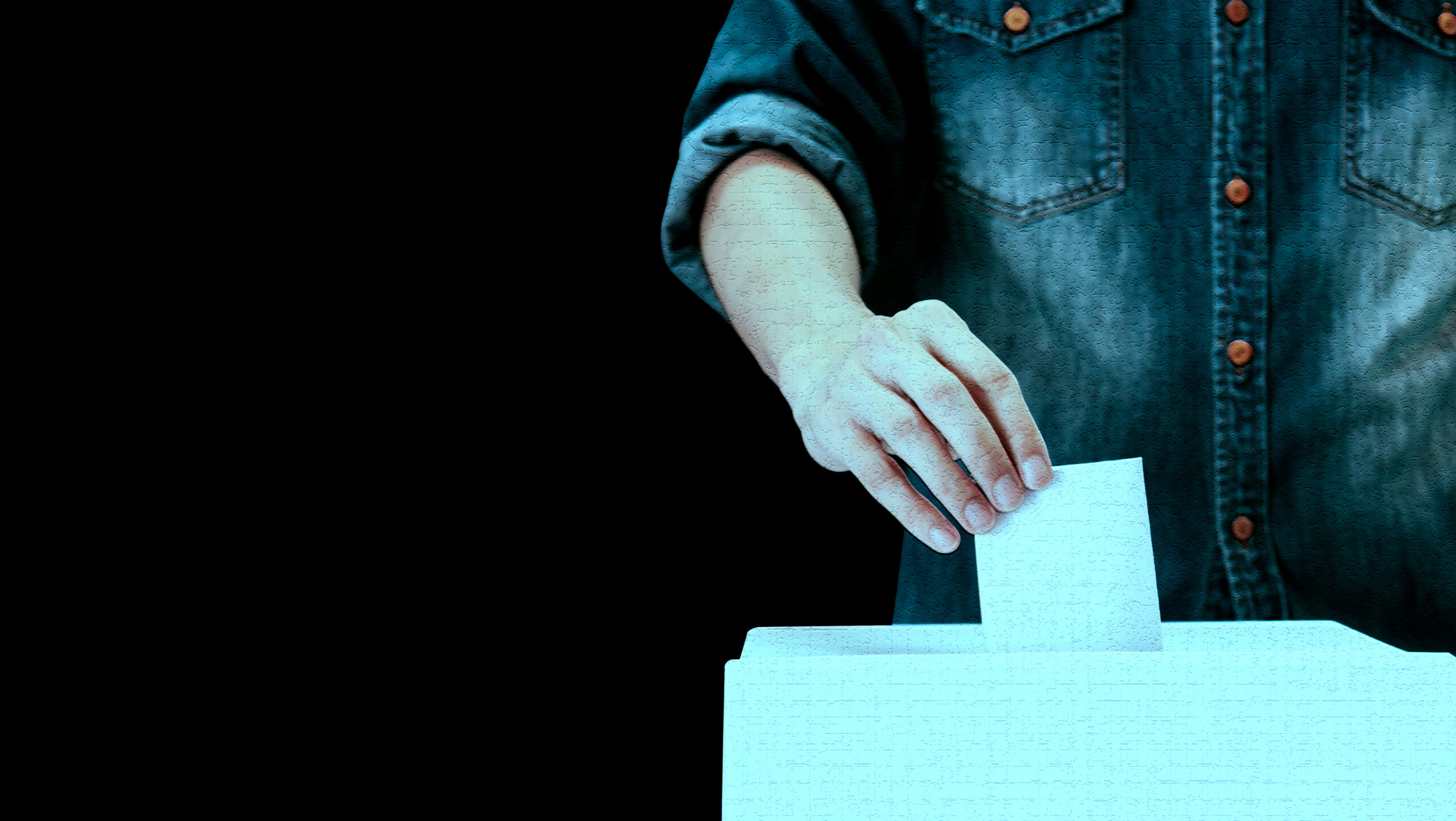This story is part of Rainbow Votes 2019, special Canadian election newsletter by Xtra. You can sign up here to receive the newsletter directly in your inbox, every Tuesday.
Two years into Donald Trump’s presidency, Americans were stressed out. That’s according to a 2018 American Psychological Association survey that found more than two-quarters of respondents saw the future of the U.S. under Trump as a stressor. It manifested in depression, anxiety and general overwhelm, and came with a certain powerlessness—that feeling of watching a car crash but being unable to stop it (or turn away). Another study, in the Journal of GLBT Family Studies, found LGBTQ Americans were especially affected, experiencing heightened minority stress with Trump at the helm. That’s largely thanks to an increase in fears of discrimination and harassment and concerns about possible anti-LGBTQ policies. As one headline succinctly put it: Donald Trump has been detrimental to Americans’ mental health.
Looking at our neighbours’ predicament, it doesn’t seem so far-fetched that Canadians might be stressed out, too. We’re less than a week away from election day, and it’s still unclear who our new leader might be. Should you vote strategically? Should you vote with your riding’s MP in mind, or support the party you most closely align with? And what happens if a leader or MP you don’t love wins?
Those stresses are heightened when we consider just how hateful this campaign has been. According to a CBC report, the RCMP has been closely monitoring online rhetoric during this election—especially anti-immigration sentiments—for fear it will turn into real-life violence. In Toronto, a Syrian restaurant closed its doors after the owners’ son was doxxed for appearing at an anti-racism rally against the People’s Party of Canada. And just this weekend, Liberal leader Justin Trudeau showed up at a Mississauga, Ont. rally in a bulletproof vest, flanked by tactical officers due to a security threat.
Election anxiety is real—especially against a backdrop of hatefulness. Researchers say it’s defined by uncertainty or fears of being unable to cope with the outcomes of elections. And for LGBTQ2 Canadians, there’s ample reason to stress during this election: Talk of our rights has been tossed like confetti throughout the campaign, and not in a celebratory way. Candidates’ past remarks on gay marriage—a now–14-year-old debate—were dredged up to score political points. On debate stages, leaders shamed political opponents for not marching in Pride parades, or not taking a firm enough stance on conversion therapy. All the while, many issues that are pressing to our communities have been ignored.
The finality of election day can heighten this anxiety: The decisions of one day determine the next four years of our lives. But as scary—and exhausting—as it all feels, there is some light at the end of this political tunnel.
Because, as Xtra columnist Kai Cheng Thom puts it, voting is only a small part of what it means to engage in civic life. “We have a much longer war ahead, and while voting is an important harm reduction measure, there is a great deal more you can do to shift the root causes of the challenges we face in society,” she writes. How we respond to our next government, how we hold it accountable—and the ways our communities fight for our rights and freedoms—can be every bit as meaningful as the process by which our country elects its leaders to power. That’s not to say it won’t be a difficult fight—but it’s certainly not a dead end.
It’s also worth considering the successes of this election campaign. For the past few months, Xtra’s Fae Johnstone and I reached out to all 74 publicly out candidates with a questionnaire about the queer and trans issues they’re hearing about on the trail, and what running in this election means to them. While it’s unlikely that many of these candidates will win their seat next Monday, their visibility is an indicator of where our country is headed—and how far it has come. (In 2015, just 20 openly LGBTQ2 candidates ran.) And of those candidates who responded to our survey, many noted issues that matter deeply to our communities—from improving housing for LGBTQ2 youth to creating better access to transition-related services to increasing services for Indigenous and Black Canadians.
We still have a long way to go to improve the representation of LGBTQ2 people and reflect the diversity of our country in Parliament. Even more so, we have a long, long way to go to elect a leader who truly understands the complexities and needs of our communities (and the intersections of other marginalized communities, too). But there’s a lot for queer and trans Canadians to celebrate in politics these days. Perhaps those little wins can help us through our biggest election anxieties this time around.
The latest polls
This is just a taste of what you’ll get from Rainbow Votes 2019, our special Canadian election newsletter. If you never want to miss the latest news on LGBTQ2 politics—and get exclusive content—subscribe to receive Rainbow Votes 2019 straight in your inbox.


 Why you can trust Xtra
Why you can trust Xtra


